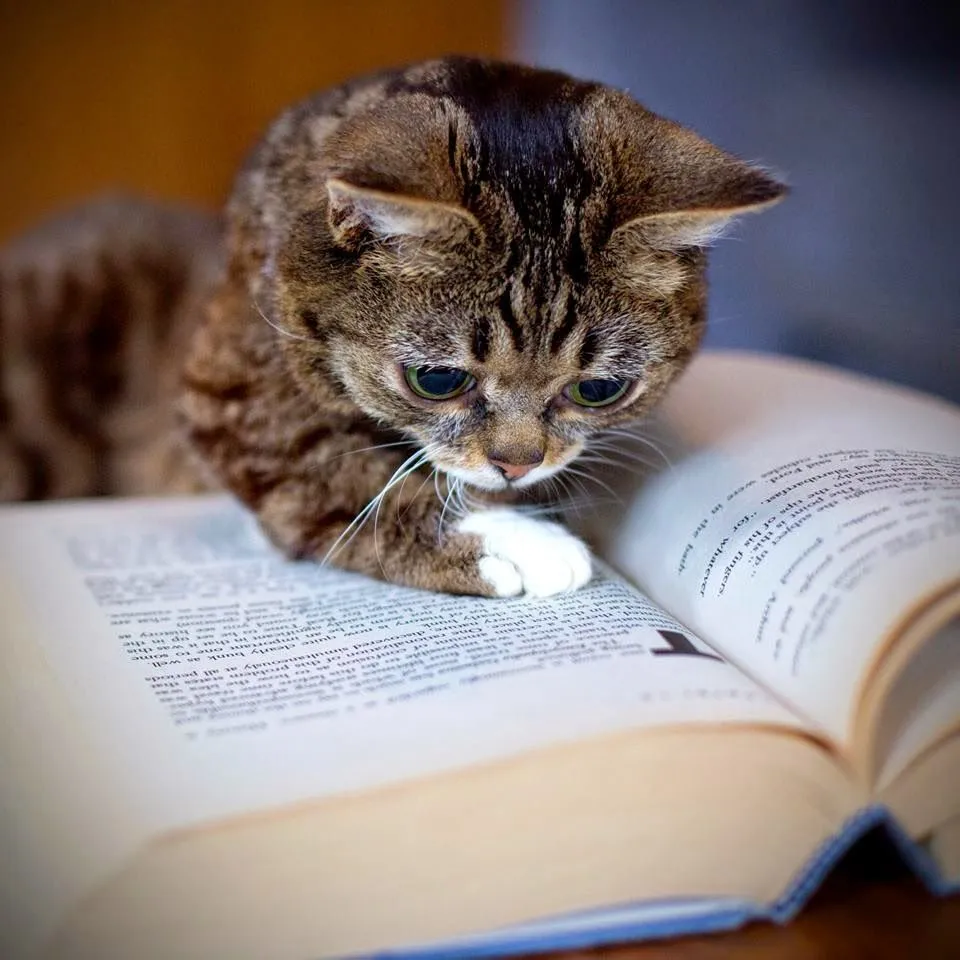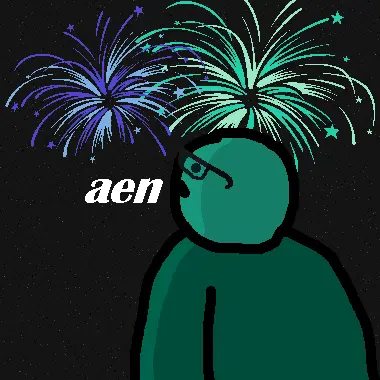On holidays rn so finally some time to read (and I don’t have my laptop with me so I can’t just default back to the life devourer known as Baldur’s Gate 3), I’ve started Tess of the Road - it’s technically young adult fantasy but it’s been unexpectedly heavy and serious right from the start (with the main character being pretty much a depressed alcoholic at 17 years old). I’m enjoying it (the book, not the alcoholism).
I finally finished The Jakarta Method by Vincent Bevins, a very depressing book about the US and its role in the 1965 coup in Indonesia, as well as the massacres that followed it. I was expecting it to be pretty specific to Indonesia but I came out of this book with a broad sense of what was going on in the Cold War (from the American perspective) in the third world.
For example, we hear about how domino theory was used to justify the Vietnam War, but the main country that they were afraid would fall to communism after Vietnam was Indonesia. When Sukarno was overthrown in Indonesia, it was like the Americans didn’t need to win Vietnam anymore, because they had won a bigger prize in the region. Also, the events in Indonesia were used to justify other massacres across the third world, with US backing. It’s depressing because, as the book notes, there is no way that Indonesia will acknowledge those massacres anytime soon, and most people still believe propaganda.
I’ve started reading The Bright Ages by Matthew Gabriele and David M. Perry. It’s a revisionist history of the “Dark Ages” that tries to address misconceptions that people have about that era of history. So far it’s really interesting! I’ve just started my master’s degree so it’s very likely that the next book I read will be a textbook, so I’m going to enjoy this while I still can 😅
Finished The Anubis Gates by Tim Powers. The ending was a bit too contrived, but it was solid all in all.
Started and finished The Blind Spot by Michael Robertson. It’s a cyberpunk thriller set in a red-light district in a future metropolis - sort of reminiscent of George Alec Effinger’s Budayeen, but without the Middle Eastern flavor. It was a solid page-turner, but has a few shortcomings. The setting feels sort of Disneyfied - like a wholesomely superficial backdrop rather than an actual red-light district, with all that that entails, and the protagonist is an accurately rendered 16 year old, which is to say that she’s impulsive, impatient, over-confident and emotional. I can’t really fault Robertson for that - he did do a good job of writing a believable 16 year old. But that’s the problem - it was just sort of frustrating and exhausting watching her get all wound up and go rushing off too late to try to accomplish too many things in too little time.
Started Prime City by Michael Robertson - the next book in the series of which The Blind Spot was the first. Marcie is still impulsive and frustrating, and the story hasn’t yet hooked me as well, but we’ll see how it goes.
The Gods are Bastards. A slower high fantasy novel as a society leaves The Age of Adventure. https://www.royalroad.com/fiction/72751/the-gods-are-bastards
Been really really busy lately but finally been able to read more of The Seven Moons of Maali Almeida. Been having a pretty good week
I’m working my way through Kindred: Neanderthal Life, Love, Death and Art by Rebecca Wragg Sykes because I’m on a kind of Neanderthal thing lately lol.
80% through with the Brothers Karamazov by Fyodor Dostoevsky. Absolutely loving it. Occasionally listening to the Colour of Magic (reread) by Pratchett.
I have Brothers Karamazov queued up for next year! I haven’t read Dostoevsky since high school. I had to read Crime and Punishment for English class and while I enjoyed it, I read it shallowly. I’m hoping to take my time once I get to Brothers Karamazov.
I would suggest you to try the P&V translation. When I read the Garnett translation of C&P I just kinda liked the book. However, when I read the P&V translation, I really enjoyed it. Since then I have stuck to the P&V translations of Dostoevsky whenever possible. There’s something about that translation that enhances my enjoyment of the books. However, this may or may not be the case for you because different translations may appeal differently to different people. Maybe you can try reading a few paragraphs of the different translations to see which one appeals more to you, because this is something I did before trying P&V translation of C&P, which was the first Dostoevsky book I read.
I started reading Paradise Lost last week. I’m about 100 pages in and it’s an easier read than I thought it would but I still feel a bit overwhelmed reading it. I’m reading a Norton Critical version so I’m very thankful for the generous footnotes.




